Podcast Themes
Multiple perspectives on a topic that you are curious about!
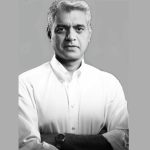
Capt. Raghu Raman, shares his perspectives on a career in the armed forces. Listen to the three main reasons he gives you as to why the army can prepare you to tackle the battlefield of business and life!
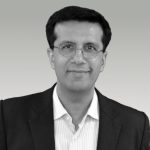
Ashish speaks about a few elements of an effective PE investor. 1) Having the conviction and independence of opinion yet have your ears to the ground 2) Being an effective macroeconomist and a historian 3) Being street smart and having your own intel (developing your own polygraph) 4) Staying the course. He speaks about how his education in liberal arts prepared him well for a career in Private Equity.

Whitney speaks about how we can think about picking career paths in a world with abundant opportunity. She speaks about the notion of maximizing optionality especially early in the career when one doesn’t know what one is truly passionate about.
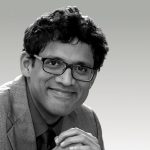
Raj speaks about his journey to becoming a researcher of happiness. He speaks about how he thought about his journey after graduating from IIM Calcutta and how he came to the US. He also speaks about how he started out with a deep interest in marketing but has gravitated towards teaching happiness over a period of time.

Lynda speaks about how she thinks about specialization and generalization. Earlier, we would think that being a generalist but with a deep spike in a specific area would be valuable. Now value is being added more and more at the intersection of two disciplines (often one left brain heavy and the other right brain heavy). She speaks about how this trend is playing out.
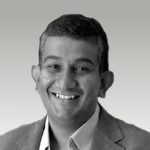
Sudhir speaks about why people in organizations like HUL provide an opportunity for people to pursue a career over the long term. He alludes to the quality of HR processes (specifically Career Management and Leadership Development) that keeps motivated through their journey. He also speaks about the criticality of early shared experiences in the field which builds a special culture and creates a camaraderie that keeps the cohort together as they grow in the organization.

Sudhir speaks about what makes the HR function in HUL effective. He speaks about the structure of HR where it is an independent function but is embedded in the business. He also speaks about why HUL doesn’t label people as heroes or villains too quickly. He speaks about a process where for about 10-12 years, people grow gradually but subsequently, they accelerate or decelerate based on their potential.

Sudhir speaks about why it is easier to grow a category than growing market share in a category. He also speaks about his experiences with Kissan to make the point about limited real estate in consumers’ minds and therefore suggests that brands should win where they are by solving unsolved problems in what they are doing well than going wide. He also goes on to speak about how he thought about his early career choices and his father’s influence in getting him to join HUL.
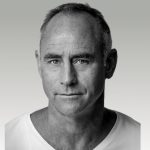
Paddy speaks about the journey and the various steps he took as he moved from being the fitness trainer for the South African cricket team between 1994 and 1998 to becoming the Strategic Leadership and Mental Conditioning Coach (working closely with Gary Kirsten) of the Indian Cricket team between 2008 and 2011 (helping them win the World Cup in 2011).

Kartik speaks about the impact of AI on jobs of the future. He cautions that it is not just the menial blue collar type of jobs that are at risk but a wider array of jobs where machines could replace man. He goes on to talk about the implication for us and how we should think about staying relevant in the future.
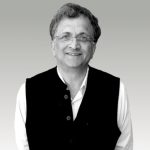
Dr. Guha speaks about his journey from playing cricket for St. Stephens (along with players like Kirti Azad who played for India and was part of the 1983 World Cup winning Cricket team) to pursuing a PhD in IIM Kolkata to eventually becoming a historian. He talks about the context behind some of the choices along the way and talks about the role of chance at various inflection points.

Dr. Guha shares his perspectives around some of the elements behind being an effective historian. He talks about how his early years in cricket prepared him for the grind of being a historian and refers to the criticality of an independent mind and the ability to articulate complex thoughts in everyday language. He also gives us a glimpse into the rhythm of his typical day, especially in the mornings.